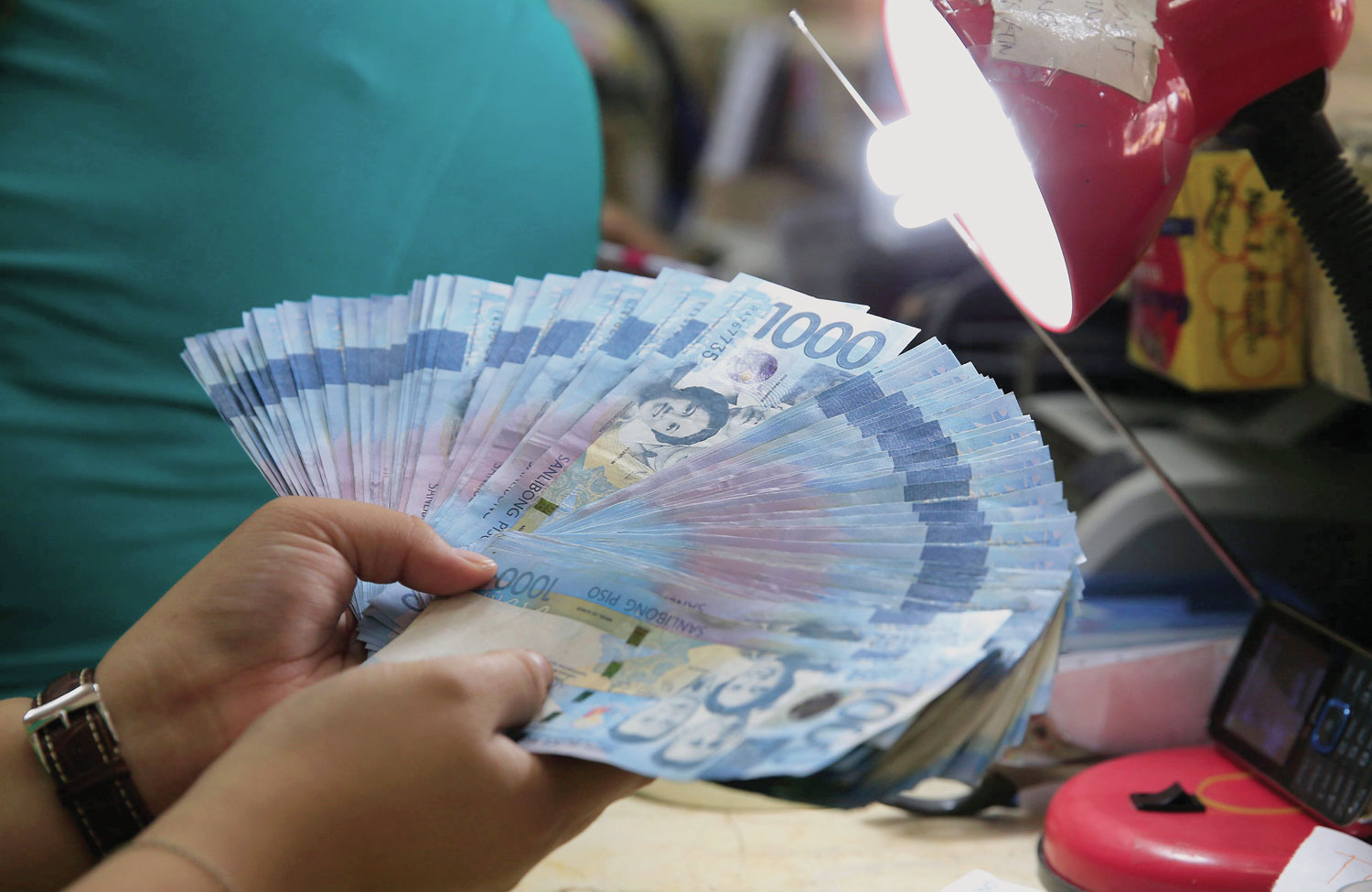

HONG KONG: Asian exporters lost momentum last month even before tariffs on US and Chinese goods kick in this week, pressuring regional factory activity in a worrying sign the Trump administration’s “America First” protectionist policies could derail global growth.
Shipments from China and Japan, major manufacturing hubs, contracted in June, while businesses across Asia also took on higher input costs as the price of oil and other commodities rose, according to monthly manufacturing surveys.
A separate Bank of Japan survey showed business confidence among big manufacturers worsening for a second straight quarter, in a blow for Abenomics and the Bank of Japan’s plans to wean the economy off stimulus.
Stocks eased and oil prices fell as data across Asia showed world trade might have peaked, suggesting the strain on regional economies is likely to intensify as the effects of the heated Sino-US trade war ripple through global supply chains.
“We expect the net contribution of trade to growth to become negative in the second half of the year, if it hasn’t already for some countries,” ANZ Asia economist Eugenia Victorino said.
“The story for 2018 then becomes domestic demand, but it is not a homogenous story... and we don’t expect a homogenous reaction from Asian central banks.”
However, with the US Federal Reserve increasingly hawkish on rates, hardly any Asian central bank has any room to support consumption as they need to keep their own rates relatively high to prevent destabilising capital outflows.
Apart from China potentially cutting reserve requirements further this year, no other central bank is seen easing monetary policy, and the countries running current account deficits may have to hike rates further.
China’s Caixin/Markit Manufacturing Purchasing Managers’ index (PMI) declined to 51.0 in June from May’s 51.1,with a subindex showing new export orders contracting for the third straight month and the most in two years.
An official PMI survey on Saturday also fuelled concerns about the strength of the world’s second largest economy, where recent data including credit growth, investment and retail sales have disappointed.
The economy is feeling the pinch of an internal crackdown on debt and risky financing as well as external pressure from US President Donald Trump’s ‘America First’ policies.
The United States has threatened to impose duties on up to $450 billion of Chinese imports, with the first $34 billion portion set to go into effect on July 6. Beijing plans to retaliate.
This has caused anxiety in financial markets, leading to the worst performance on record for the yuan and the deepest monthly fall in Chinese stocks since January 2016.
“The latest PMI readings suggest that the economy lost some momentum last month.
With credit growth still cooling and US tariffs imminent, we expect further weakness ahead,” said Julian Evans-Pritchard, senior China economist at Capital Economics. — Reuters
Oman Observer is now on the WhatsApp channel. Click here



